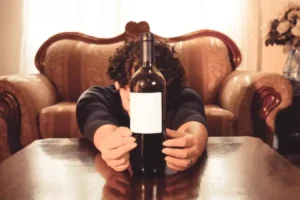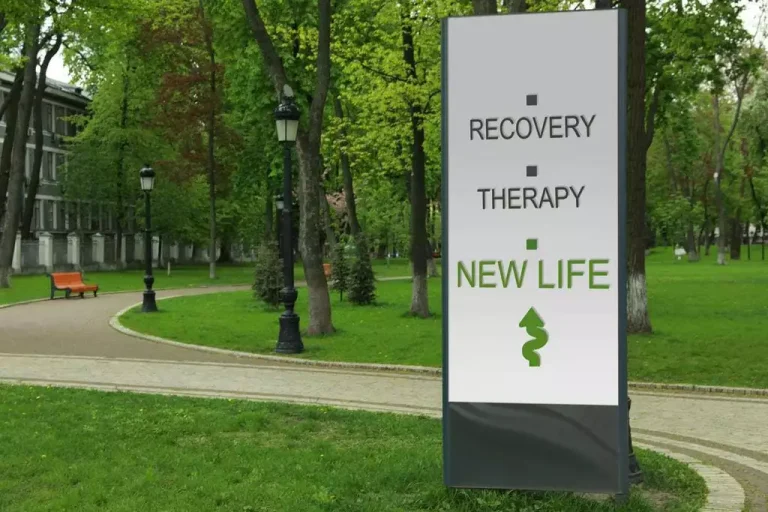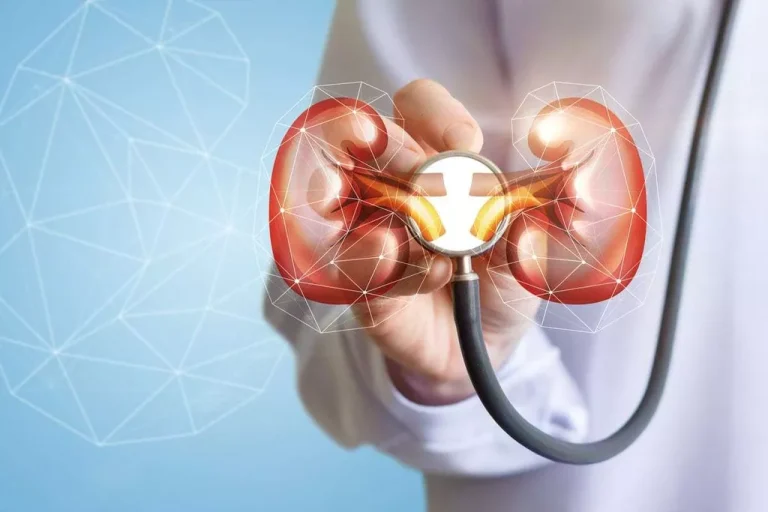While any scarring caused by liver inflammation (called cirrhosis) will be permanent, the effects of inflammation itself will be almost completely resolved by week four. After two weeks without alcohol, the benefits will start to compound. You will probably be well out of withdrawal and mostly recovered from the ordeal.
- The physical symptoms of withdrawal will be past their worst for most people, and the benefits of quitting alcohol will start to be noticeable.
- 6 tips to help you try dry January, or taking any break from alcohol.
- “And I know I wouldn’t be doing those things if I was still drinking.”
- Excess alcohol consumption may cause weight gain, which means that cutting out alcohol could lead to weight loss for some people.
- Stopping alcohol can make you feel happier by allowing you to experience positive emotions without alcohol.
- Your healthcare team will help treat each symptom as soon as it develops and equip you for success.
Boost brain power
Alcohol can cloud your judgment and impair cognitive functions such as memory, concentration, and problem-solving. When you stop drinking for 90 days, many of these mental fogs start to lift, and you may find it easier to focus, make decisions, and manage your daily tasks. The Recovery Village Atlanta offers comprehensive addiction treatment for drug and alcohol addictions and co-occurring mental health conditions. Beyond the safety considerations, medical detox is a more comfortable, pleasant experience. Your healthcare team will help treat each symptom as soon as it develops and equip you for success. This can help you avoid much of the unpleasantness that can occur as withdrawal symptoms develop.
Change up your routine
- These include tips for cutting down or quitting, reminder strategies to help you remember why and how you decided to do it, and ways your family and friends can support you.
- Saving the money you would have spent on alcohol will provide you $300–$400 or more by this second week.
- The insights gained while taking a break from alcohol can help guide better choices moving forward.
- Westman, J.; Wahlbeck, K.; & et al. “Mortality and life expectancy of people with alcohol use disorder in Denmark, Finland and Sweden.” Acta Psychiatrica Scandinavica.
- After just a few weeks of abstaining from alcohol, your sleep patterns begin to normalize.
- On a Saturday night, people are starting to pack into a popular bar called Harvard & Stone in a hip Los Angeles neighborhood.
If you can’t imagine socializing without a drink in your hand, just know that you’re not the only one to feel this way. But it does get easier with time, says Erin Stewart, MSW, of @sobermomtherapy. This stage typically starts 3–5 years after you’ve stopped drinking.
What might you see a few months down the line?
Regular drinking can lead to poor-quality sleep, making you feel groggy and tired the next day. While it may not be something you perceptibly notice, one huge health benefit from stopping alcohol will occur by your third week of not drinking. Using alcohol frequently or consistently increases your blood pressure, leading to an increased risk of heart disease and stroke. By your third week of abstinence, your blood pressure levels will become more healthy, potentially allowing you to discuss with your doctor the possibility of decreasing or even stopping blood pressure medications. As early as one week after stopping alcohol, you will likely begin to see benefits.
- A day and a half after quitting alcohol, withdrawal symptoms will intensify.
- It helps you prepare and reflect on the reasons making a change is worthwhile, which can improve your commitment to change.
- Depending on how much a person drinks, taking a break from alcohol for a month could lead to myriad positive changes.
You might run into obstacles along the way that tempt you to drink. Keep in mind the reasons you chose to cut back on or quit alcohol. Turner notes the importance of bringing along a trusted support person when attending events that involve alcohol. It’s often easier to turn down a drink when you don’t have to do it alone. But maybe you’re unsure about quitting completely and don’t want to hold yourself to that goal. Maybe you don’t think you depend on alcohol exactly, but you still wonder whether you might be drinking too much.
Healthy Things That Happen to Your Body When You Stop Drinking for 30 Days (or More)
When you remove alcohol from the equation, your body can function at a higher energy level. While there are many potential benefits that you should expect to see in your first month of sobriety, the positive effects of stopping alcohol will continue to follow you and grow throughout your life. By the end of your first month of sobriety, the benefits of better sleep, improved taking a break from alcohol hydration, spending less and decreased calorie intake will be growing. You will likely have saved over $800 and avoided about 12,000 calories or more, allowing you to lose at least four pounds. By the end of this first month, your recovery will be well underway, and your struggle with alcohol will begin to become more of a distant memory than a recent struggle.
Her anecdote fits with a study of about 850 people who volunteered to abstain from alcohol for one month. 62% reported “better sleep” and about half reported they lost some weight. Many of the participants said they had more energy, which fits with the experience of listener Sarah Black https://ecosoberhouse.com/ Sadler. “The biggest thing that I noticed is that I don’t need alcohol to have a good time with my friends.” For many people, quitting drinking revolves around hitting the proverbial “rock bottom” and seeking recovery through peer-support groups or in-person treatment centers.
- After four weeks of hair growth without the effects of alcohol, your hair may appear fuller and more supple.
- During a 90-day break from alcohol, your immune system has the chance to recover and strengthen.
- Brigid Clancy works as a contractor to a private alcohol and other drug consultancy.
- Many of the participants said they had more energy, which fits with the experience of listener Sarah Black Sadler.
- Contact us today to learn how you can gain lasting freedom from alcohol.
- Relationships are complicated, and each one will develop and heal in different ways and timeframes.
The thing is, it’s easy to go above moderate levels of drinking is a mainstay of your social life. After all, a serving of alcohol is a 12-ounce beer, 5-ounce glass of wine, or 1.5 ounces of hard alcohol.1 Most people have more than that at happy hour or on the weekend. These symptoms may start a few hours or a few days after your last drink of alcohol.






